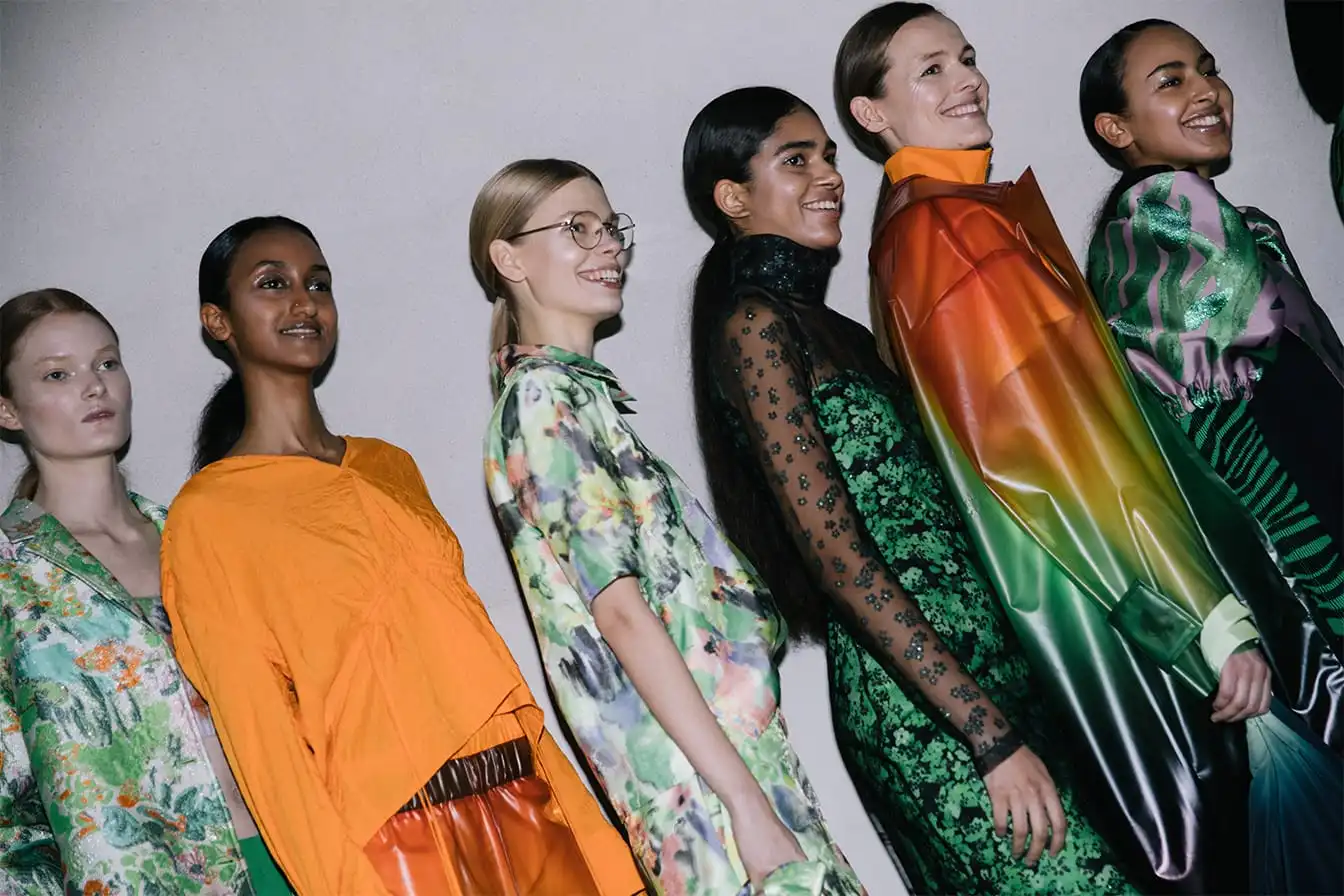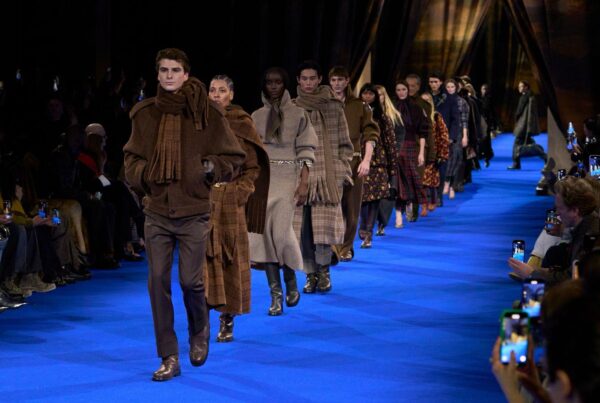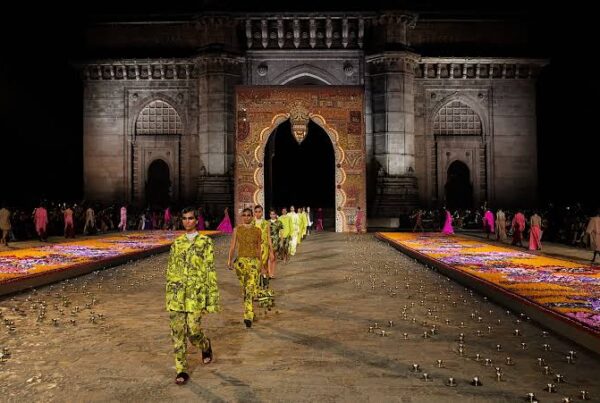Copenhagen Fashion Week (CPHFW), long celebrated as a pioneer of sustainable fashion in Europe, is now facing the biggest reputational crisis in its history. Greenwashing allegations filed with Danish regulators, alongside the departure of several prominent designers to Paris, have raised serious questions about the future of one of the world’s most progressive fashion weeks.
Greenwashing Allegations Shake Reputation
On February 18, 2025, CPHFW was officially reported to the Danish Consumer Ombudsman by anti-greenwashing consultancy Continual and consumer watchdog Forbrugerrådet Tænk. The complaint claimed that the Sustainability Requirements system, in place since 2023, was being used as a marketing tool to portray environmental responsibility without sufficient proof.
Seven labels were specifically named, including Stine Goya, Baum und Pferdgarten, OpéraSport, Won Hundred, Herskind, Berner Kühl, and Forza Collective, accused of using vague or misleading sustainability claims.
Critics pointed out the use of broad promotional language such as “eco-friendly” or “sustainable” without independent verification. They argued that CPHFW’s framework positioned itself as a de facto “green stamp,” which risks misleading consumers.
CPHFW, however, has firmly denied the allegations. Organizers stated that the sustainability requirements are not certifications, but rather minimum standards meant to encourage meaningful change in the fashion industry.
Evolution of Sustainability Standards
CPHFW gained global recognition in 2023 when it became the first fashion week to enforce mandatory sustainability standards. These standards were updated in March 2024 and fully implemented from January 2025. Initially consisting of 18 indicators, the requirements now include 19 points, covering circular design, waste management, and fair purchasing practices that protect suppliers.
Despite these advancements, critics argue the enforcement remains weak. The gap between ambition and actual implementation has prompted Denmark’s regulator to intervene. With several European Union environmental policies delayed, the Ombudsman’s ruling could set an influential precedent beyond Denmark’s borders.
Leading Designers Move to Paris
As the greenwashing crisis unfolds, CPHFW is also losing several of its most high-profile names. Ganni, Denmark’s iconic label, shifted its Spring/Summer 2025 runway to Paris as part of a global expansion strategy. The move is widely seen as an attempt to elevate the brand’s international standing.
Other designers have followed. Cecilie Bahnsen also showcased her latest collection in Paris, while Saks Potts closed down operations in early 2025, and (Di)vision declared bankruptcy at the end of 2024. Together, these exits have significantly weakened the star power that once anchored CPHFW’s global influence.
According to Vogue Business, the current schedule of CPHFW looks markedly different compared to previous years. In response, organizers have sought to strengthen the NewTalent program and attract designers from across the Nordic region to maintain relevance and visibility.
A Systemic Challenge for Global Fashion
The issues facing CPHFW extend far beyond Copenhagen. As a trailblazer in sustainability standards, any ruling from the Danish Consumer Ombudsman could set a precedent for other fashion weeks, including London, Berlin, and Milan. A judgment confirming greenwashing would undermine the credibility of sustainability claims across the global industry.
At the same time, the shift of prominent designers to Paris underscores a broader rebalancing of the global fashion landscape. Paris, with its unmatched concentration of international buyers and media exposure, offers brands greater visibility and market reach. This growing gravitational pull puts added pressure on smaller fashion capitals to refine their unique value propositions.
Copenhagen now stands at a crossroads. On one hand, it has the chance to strengthen its leadership in sustainable fashion by addressing regulatory concerns with transparency and measurable impact. On the other, it must find ways to retain and showcase local talent against the magnetic draw of Paris.
The months ahead will be decisive. Whether CPHFW can rebuild trust, enforce meaningful standards, and preserve its identity as a hub of innovation will determine if it remains a global leader or risks becoming a cautionary tale in the fast-changing world of fashion.




